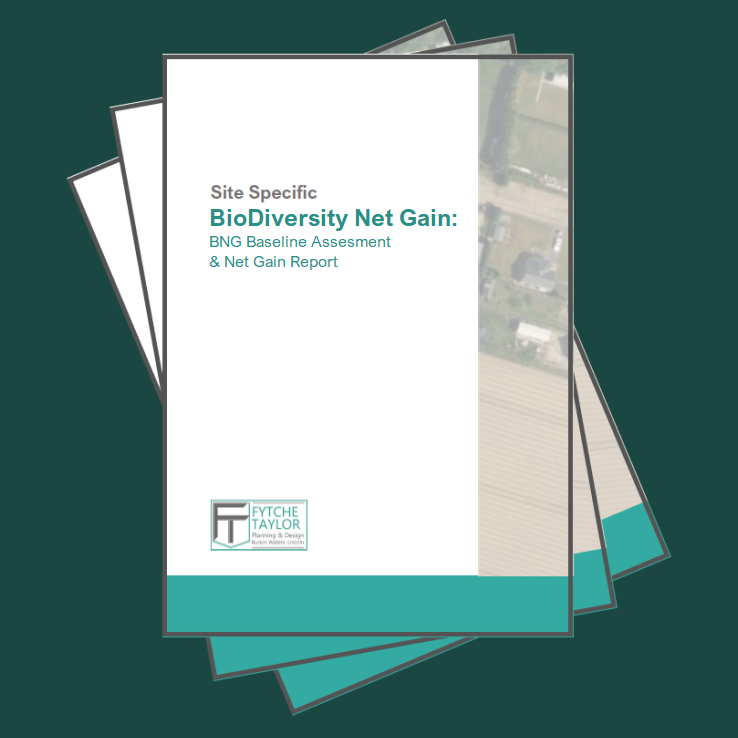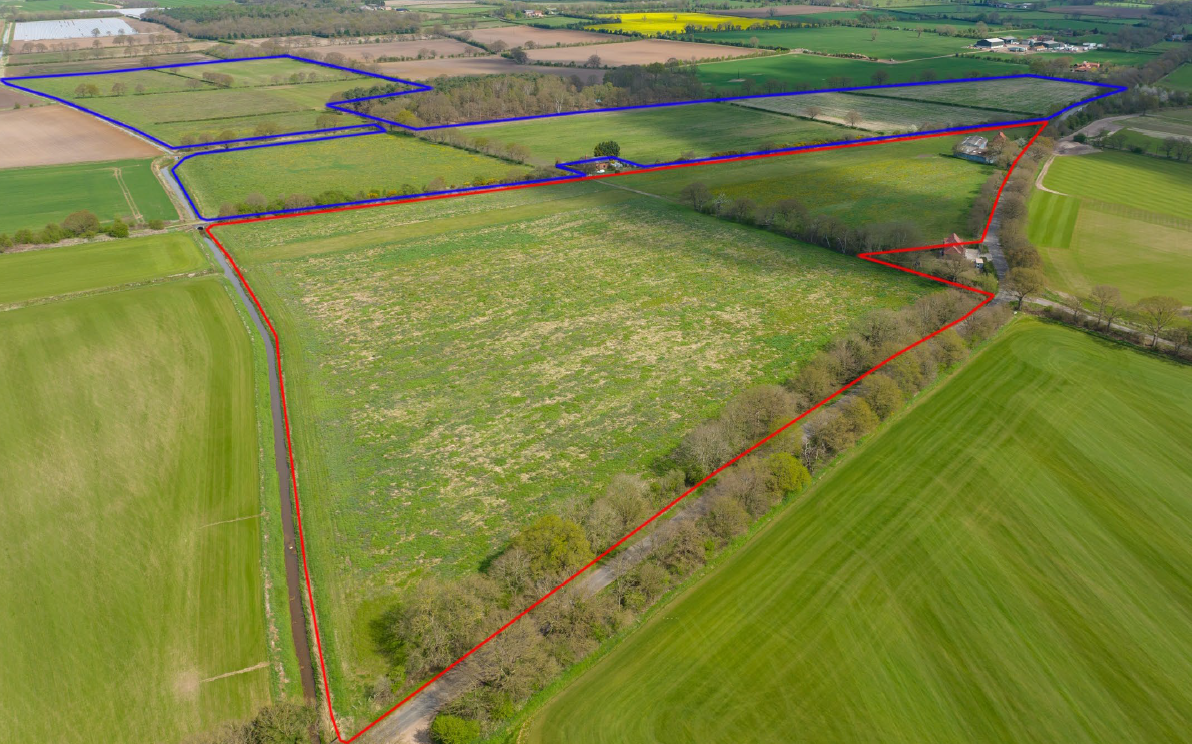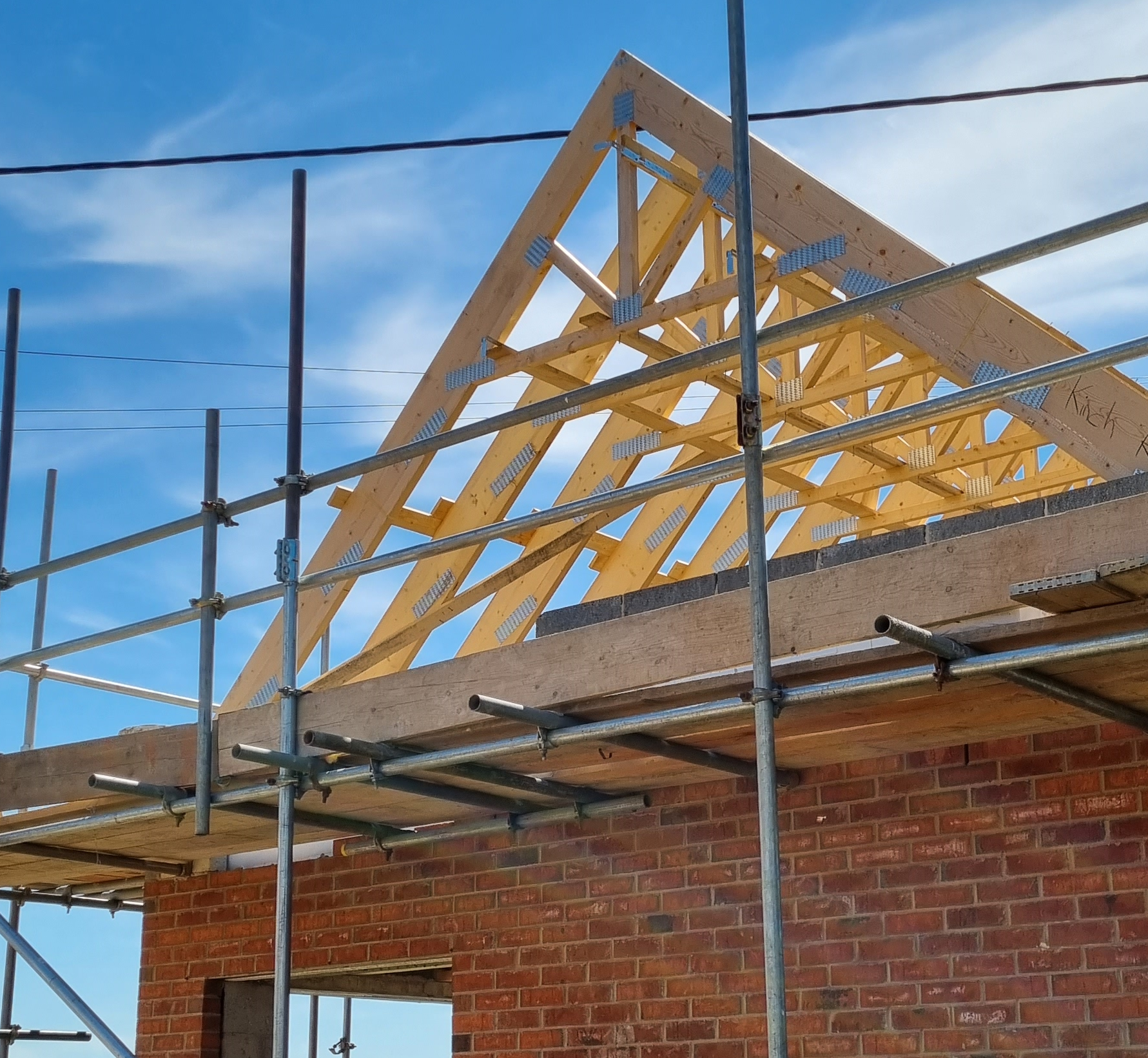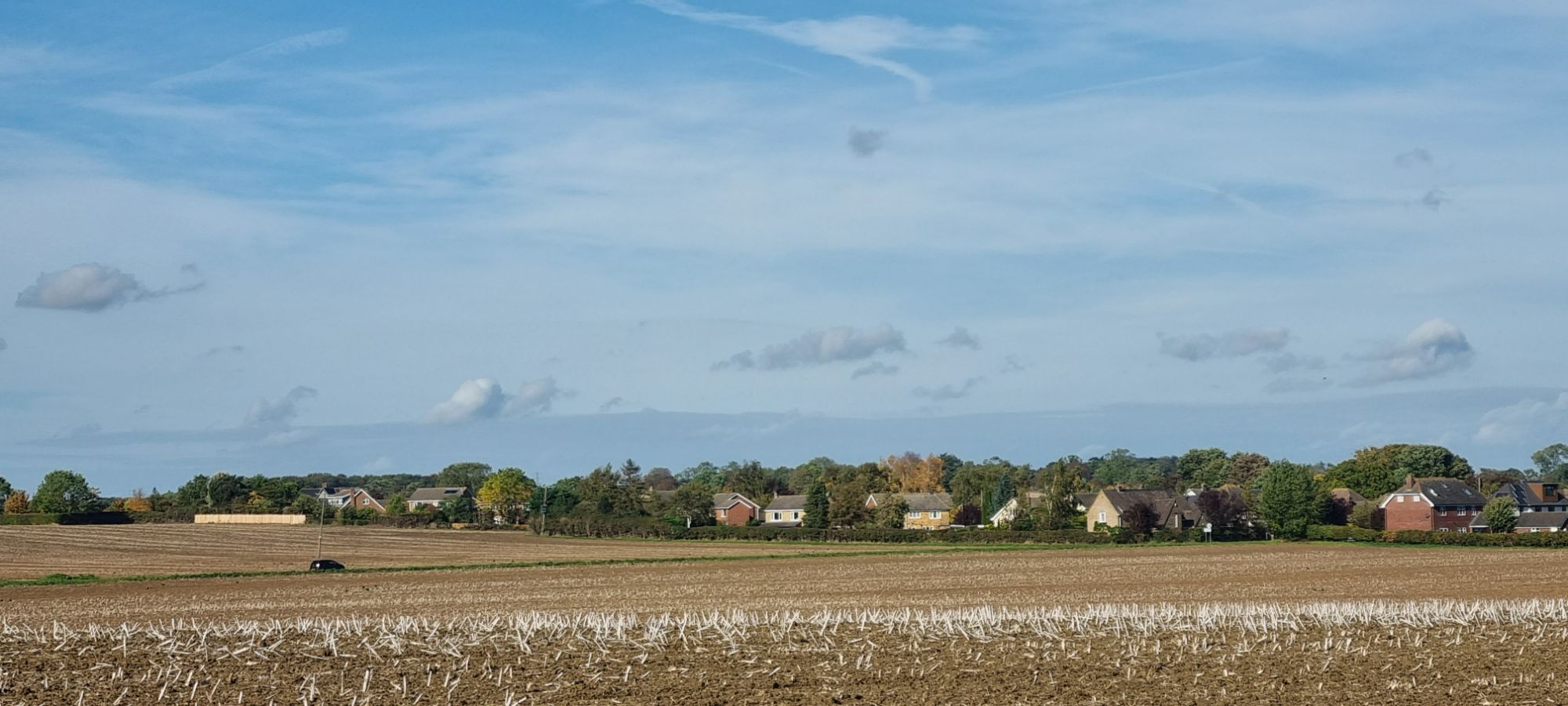Biodiversity Net Gain (BNG)
Development Site Baseline Assessments & Net Gain Reports
Recent legislation has changed the requirements for making certain planning applications.
The Environment Act 2021 introduced a mandatory requirement for new development to deliver a 'net gain' for biodiversity as part of the planning system.
Developers in England will be required to deliver a 10% Biodiversity Net Gain (BNG). In most cases this will apply from November 2023 for developments in the Town and Country Planning Act 1990, unless exempt. It will apply to small sites from April 2024.
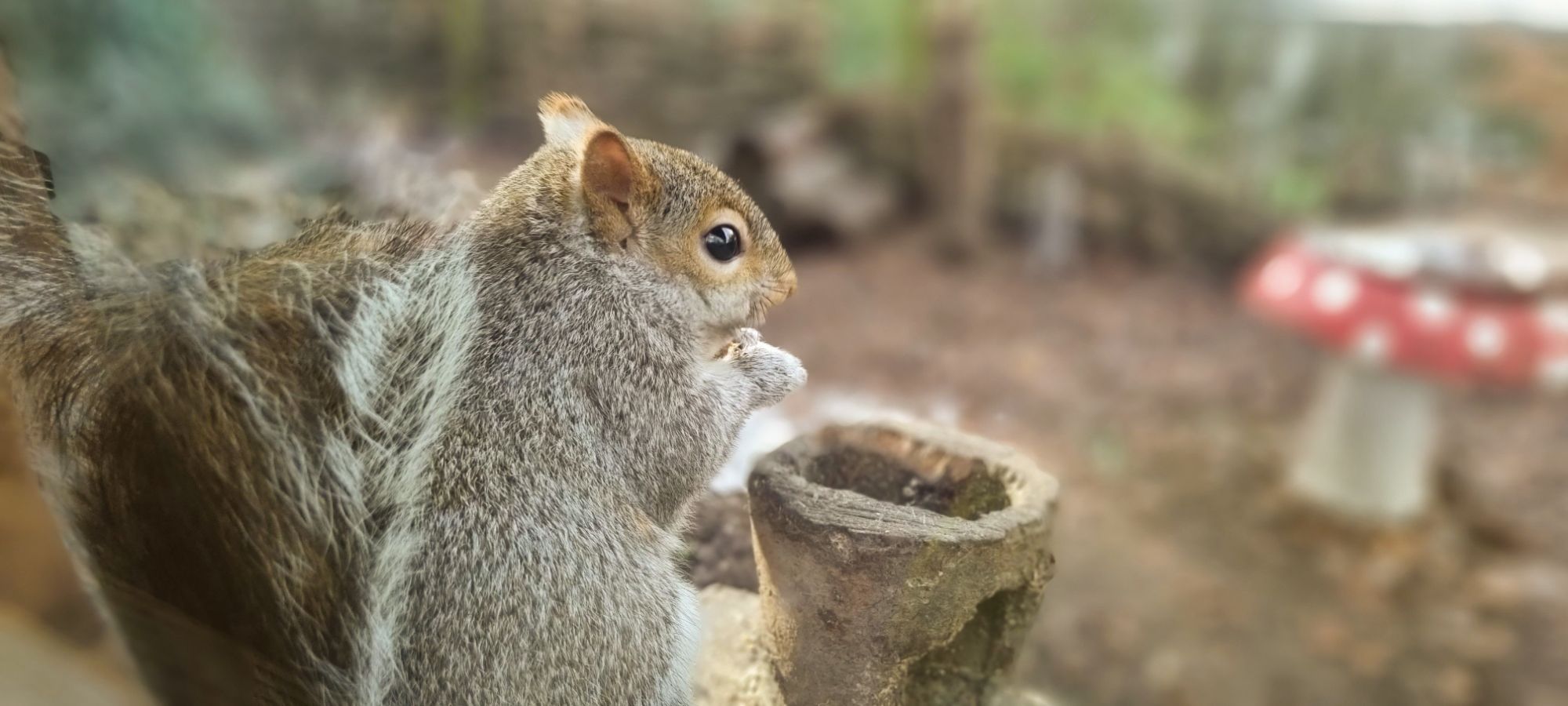
BNG Baseline & Net Gain Reports: The new requirements mean that applicants will be required to submit reports that assess the baseline position, setting out the biodiversity value of a site before any development work starts, and then calculate what the development will need to include to enhance biodiversity standards and achieve a net gain. This will be set out in a BNG Baseline Assessment and Net Gain Report, submitted as part of the planning application. Where on-site enhancement is limited or not possible, or sites are exempt, off-site provision can be considered. Contact us for details and support.
For clients in Central Lincolnshire and some parts of the UK with recently adopted Local Plans, this requirement is already in place.
In Central Lincolnshire for example, a new policy adopted in 2023 sets out a requirement for all qualifying development proposals to deliver at least a 10% measurable biodiversity net gain ahead of the national mandatory requirements being rolled out nationally during late 2023/24.
Therefore your local planning requirements should always be properly scoped before finalising your plans or any site designs, and prior to submitting your application.
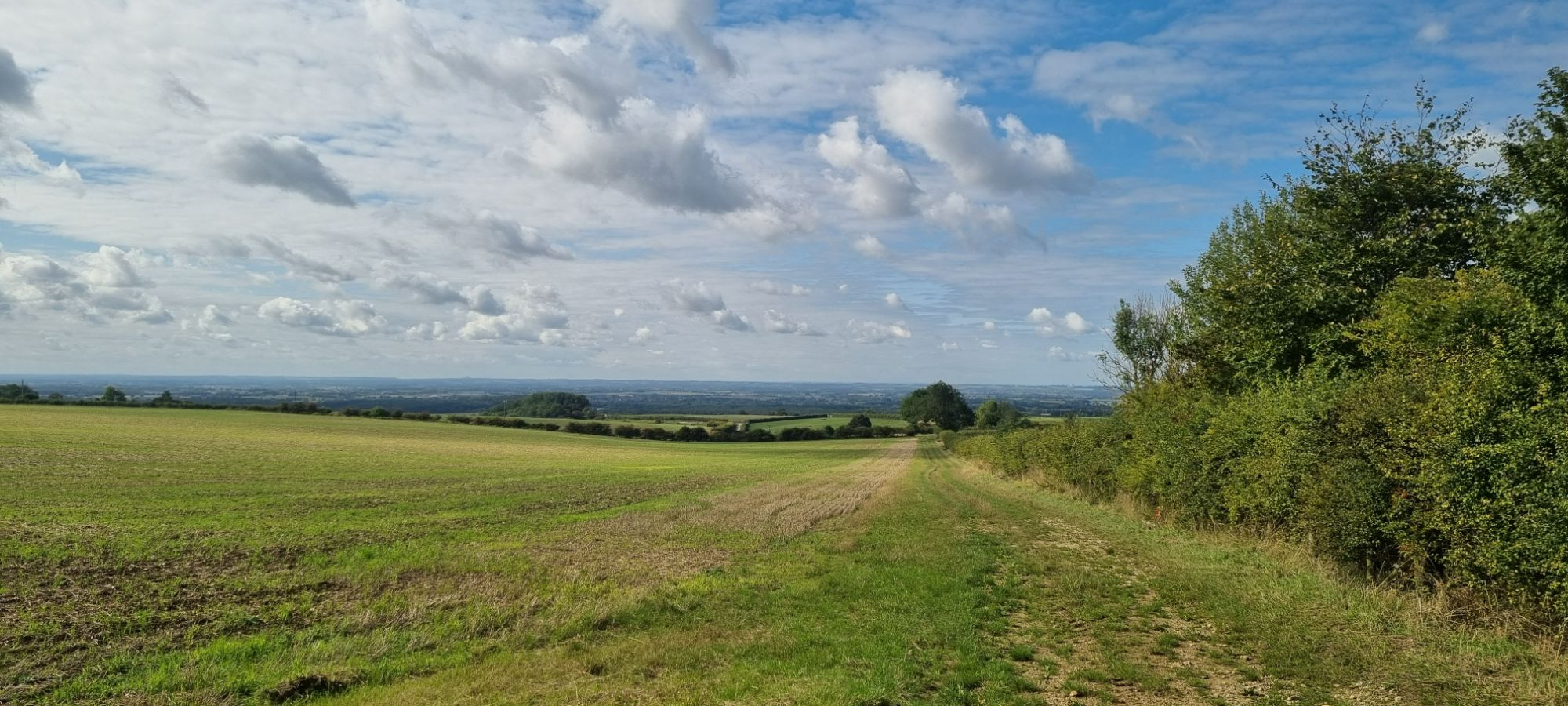
What is Biodiversity Net Gain (BNG)? BNG is an approach to the recovery of nature through the planning and development process. It aims to leave habitat for wildlife in a measurably better state than it was before a development occurred. This means protecting existing habitats and ensuring that lost or degraded habitats are compensated for by enhancing or creating habitats that are of greater value to wildlife and people. BNG can be achieved on-site, off-site or through a combination of on-site and off-site measures.
BNG allows applicants to work with local authorities, wildlife groups, landowners and other stakeholders to ensure habitats for wildlife are enhanced with a demonstrable increase in biodiversity compared to the pre-development baseline. The aim is to create bigger, better and more joined up habitats in which wildlife can thrive.
Get the best advice – When a planning application is delayed or refused it can be very costly, both in fees and time. Our team of planning experts have significant local authority experience, including working on the Central Lincolnshire plan, and an exemplary track record of success with making planning applications.

